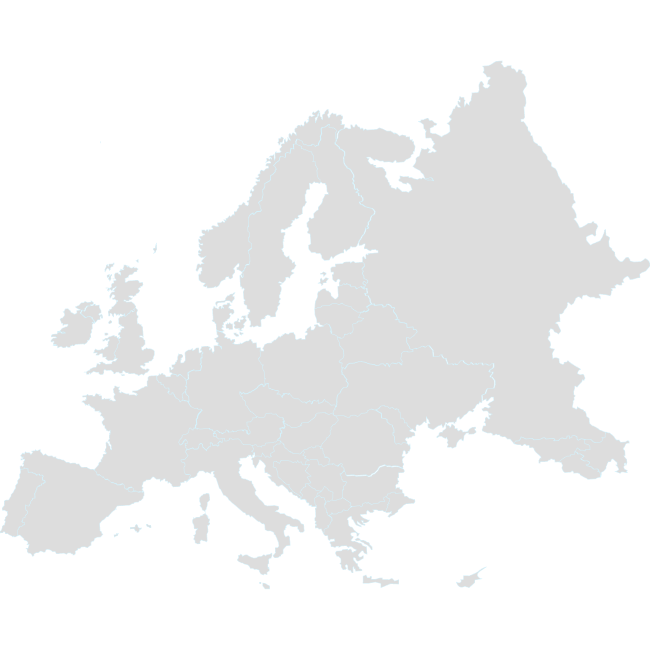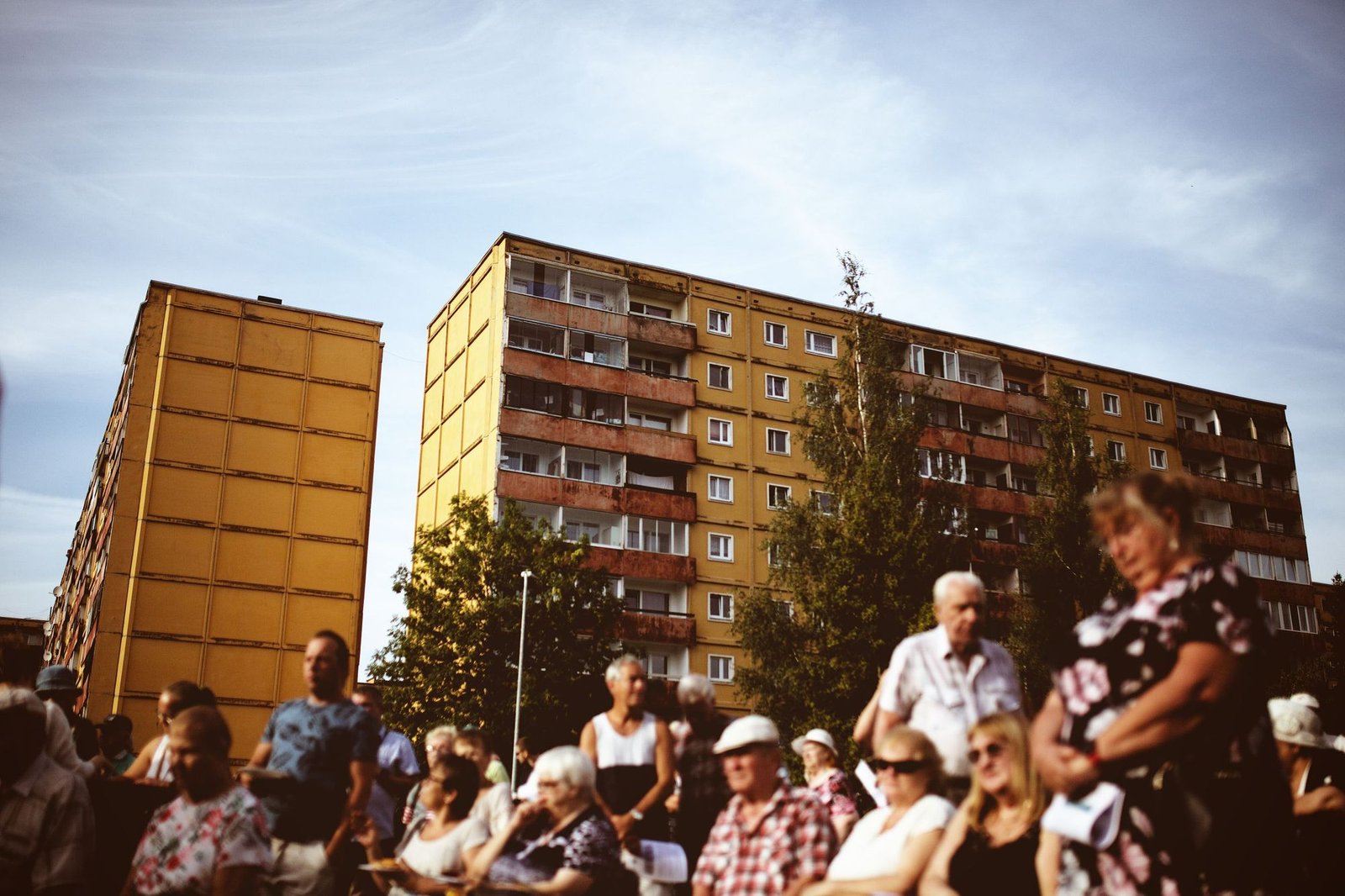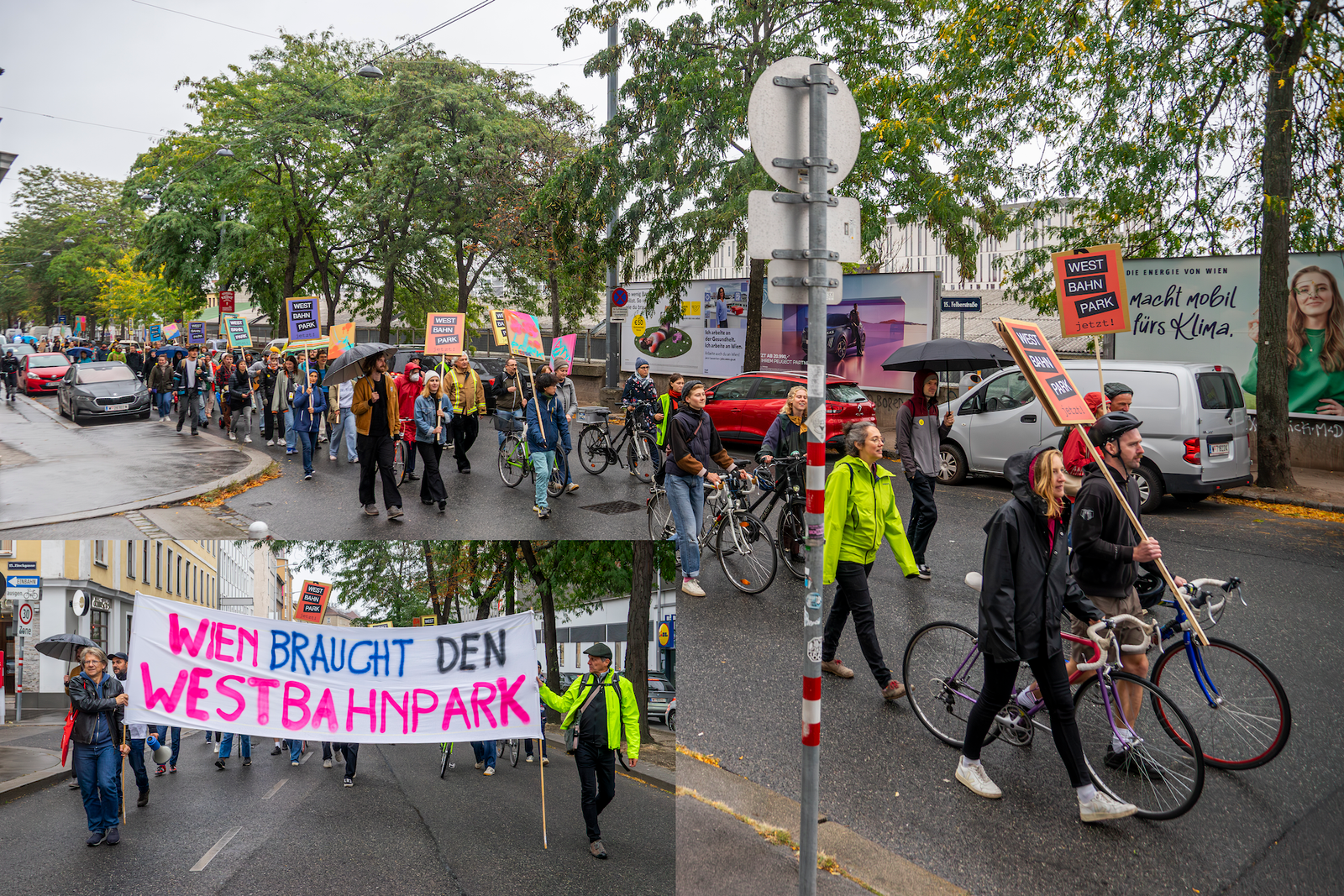Case studies



Case study #3 Espoo, Finland
Formal political participation – Participatory processes
promoted by government in Northern Europe

Case study #3 Tartu, Estonia
Formal political participation – Participatory processes
promoted by government in Northern Europe


Case study #1: Spain
Involvement – Spanish energy communities with a focus
on socioeconomic vulnerability and gender

Case study #1: Spain
Involvement – Spanish energy communities with a focus
on socioeconomic vulnerability and gender
Research activities
Goal of the research: test interventions for solution co-creation in 4 case studies, one for each form of political participation
Scope of the research: CO-SUSTAIN will test interventions in one case study for each of the latent and manifest forms of political participation: involvement (ES), civic engagement (IT), manifest political participation (EE, FI) and activism (AT).
Research methodology: One preliminary phase will serve to learn, re-identify, or re-frame the issues at hand, followed by three deliberation panels to identify leverages and pre-conditions of change, and co-create solutions.
Preliminary phase: During the preliminary phase, qualified facilitators and/or researchers will assist participants (citizens, local authorities, and other relevant stakeholders) inexpanding their knowledge on the climate, political, or societal imperatives that will be central to the subsequent group discussions and deliberation processes. This preliminary phase will also allow for the exchange of diverse perspectives and experiences on the crises at stake, thus providing a comprehensive understanding of the factors that triggered the political participation.
Deliberation phase: In the deliberation phase, participants will be encouraged to identify the preconditions and leverages for change using the Theory of Change and Participatory System Mapping. Two deliberation panels will run simultaneously, one with local policymakers and other relevant stakeholders (outer dimension), and one with citizens (inner dimension). In the last deliberation panel, roadmaps and strategies to reach the expected outcomes will be developed for the 4 case studies on the basis of results the Theories of Change and Participatory System Mapping carried out in the previous deliberation panels. A deliberative arena will enable a structured discussion about the pathways towards the outcomes to 1) validate general coherence and feasibility of scenarios/roadmaps, 2) to propose changes and improvements to the Theories of Change, and 3) to select the strategies more likely to be successful for the specific case and context.

Case study on involvement
CS #1: Involvement – Spanish energy communities with a focus on socioeconomic vulnerability and gender
Energy community of Jabalcón: In Zújar (Granada) the initiative to create an energy community got underway in 2021 by a group of residents and was supported by the energy cooperative Cooperase and by the city council of Zújar. Today the community counts 33 members, including residents, cooperatives, the irrigation community, and the representatives of the town council, and 60% of the participants are women, Spanish and mostly from the middle class with medium to high education levels. It is not yet operational, but the cooperative Nuestra Señora de la Cabeza has ceded its building roof for installation, while Cooperase supports the process based on the previous experience in Monachil. This case study focuses on the empowerment of women in rural areas to play a more active role in the energy transition and on the main barriers for their involvement.
CS #1: Involvement – Spanish energy communities with a focus on socioeconomic vulnerability

La Traginera energy community: La Traginera is a urban network of social organizations – foundations, cooperatives, and CSOs – in Barcelona’s Ciutat Vella district, which, in recent years, has been carrying out projects focusing on housing, public participation, the social economy, and mutual support in this socioeconomically diverse area of the city. They mainly work to strengthen local development through citizen participation. This network now aims to create an energy community with a strong focus on vulnerability, as Ciutat Vella has the highest concentration of energy-poor households in the city. La Traginera has successfully built a strong network of key stakeholders that are promoting the installation of photovoltaic panels, and who will allocate a portion of the generated energy to nearby vulnerable households.
Case study on civic engagement
CS # 2: Civic engagement – Food Solidarity in Turin (IT)

Food Solidarity (Solidarietà Alimentare): Food Solidarity is a voluntary organization born in Turin during the Covid-19 lockdown. It is a movement of university students who went to the CAAT (Turin Agrifood Centre) to find surplus food to distribute to needy families during the 2020 lockdown, initially in cooperation with the Borello supermarket chain and later using European funds to purchase and distribute dry food and hygiene products. At the operational level, students reached CAAT every Friday and met with representatives of migrant communities who acted as intermediaries. Food Solidarity entered a convention with the Municipality of Turin for interventions related to the management of the state of health emergency Covid-19 (distribution of food aid and basic necessities, as well as social mediation and proximity actions) with associations including foreign communities or working for a long time in the field of social integration. The aim of the research is to reconstruct the social and relational dynamics that led a limited number of individuals to organise themselves autonomously in civil society, outside institutions and without guidance from the authorities, to respond to the social emergency produced by the pandemic. A further objective is to analyse the subsequent interaction of these phenomena with the local authorities, and to assess the latter’s capacity to identify, enhance and coordinate the social response to the food emergency produced by Covid-19 and the distancing measures required to deal with the crisis.
Case study on formal political participation
CS #3: Formal political participation – Participatory processes promoted by government in Northern Europe


Annelinna District in Tartu, climate-resilient urban greening: This case study focuses on the Annelinna district in Tartu, an area characterized by green spaces owned by the City of Tartu and apartment buildings managed by housing associations. The district also hosts various community facilities, including a library, a daycare center, and other institutions. The local government, in partnership with the University of Tartu and other stakeholders, aims to establish self-sustaining systems that support biodiversity development. Residents from diverse socio-economic and cultural backgrounds are actively involved in designing landscape interventions, ensuring their participation throughout planning, implementation, and maintenance phases. A wide range of organizations are engaged as key partners, such as public institutions (universities, schools, clinics, museums), private sector entities (real estate agencies, landscape maintenance providers, gardening centers, landscape architectural firms, media), and non-profits (such as apartment owners’ associations and numerous citizen initiatives). Launched in autumn 2022, the initiative is currently in the negotiation and planning stages. The project fosters unique participatory pathways that are designed to be evaluated and potentially adapted for use in other contexts. For example, designated intervention pilots will be used to enhance climate education and literacy among residents, while also providing training opportunities for stakeholders. The overarching goal is to disseminate knowledge, successfully implement biodiversity programs, and build need-based community networks that support the green transition. Through this case study, the University of Tartu seeks to collaborate with the local community to increase the district’s resilience against climate change impacts such as summer heatwaves and more frequent intense storms. To adapt apartment buildings to changing climate conditions, the project explores opportunities for nature-based solutions that help regulate temperature and humidity, balancing the urban microclimate effectively.
Small modular reactors (SMRs) in Espoo: In 2022, the Finnish Ministry of Economic Affairs and Employment launched a comprehensive reform of the Nuclear Energy Act (NEA) of 1987 which also considers the regulation of Small Modular Reactors (SMRs) (e.g., licensing) as an alternative to decarbonize electricity and heat production. The draft is expected to be submitted for consultation in 2024, while the law is expected to enter into force in 2028. The NEA defines, among other things, the decision-making powers of the host municipality and the consultation of residents. The City of Espoo is exploring the possibility to locate a SMR in the city. The council initiative was launched in 2017, and the city is investigating the siting of the plant. If the plant was to be connected to the district heating network, it would have to be located relatively close to dense urban settlements. Thus, the participation of residents in decision-making would become a key issue. The comprehensive reform of the NEA hence creates a framework for decision-making, communication, and public participation. The case study will enable to investigate the expectations of key stakeholders (local decision-makers, energy company, ministry, nuclear safety authority etc) regarding SMR technology and arrangements, as well as how civic participation impacts legislative reform, and how local decision-makers think civic participation is linked to representative democracy. This case study will account for diverse stakeholder perspectives on a more controversial issue, without imposing the installation of the SMRs as a prerequisite in the deliberation: the city of Espoo has not made a political decision on small nuclear power yet.
Case study on activism
CS #4: Activism – Westbahnhof-Areal (AT)

Westbahnhof-Areal: The Westbahnhof railway station in Vienna has divided the surrounding urban area into two distinct sections since the mid-19th century, with financial constraints preventing the integration of the northern and southern parts. In 2019, the Büro für lustige Angelegenheiten (BLA) launched the WESTBAHNPARK initiative, which has since then split into two intitiatives WESTBAHNPARK.LIVE and WESTBAHNPARK.JETZT. These initiatives are advocating for the transformation of a 1.2-kilometer railway corridor behind the Westbahnhof into a public park. This represents an opportunity to increase green space in Rudolfsheim-Fünfhaus, one of Vienna’s most densely populated districts, where the per capita green space is a mere 3 m². The project aims to mitigate urban heat, improve airflow corridors, and enhance connectivity between the district’s northern and southern sections through bottom-up tactical urbanism (Lydon & Garcia, 2015). The installation of the world’s longest swimming mane is a landmark intervention to date. With over 11,700 signatures, the initiative has gained significant public support. In 2022, the city of Vienna, in cooperation with ÖBB (Austrian Federal Railways), developed a formal urban development concept, “Mitte 15”, for the area around the Westbahnhof. They launched a participatory process, engaging urban policymakers, planners, and residents through discussions, workshops, and virtual reality simulations. The current version includes fragmented green spaces, terrasses for public space, housing projects, underground parking, a logistics center, and additional crossings of the railway tracks separating the district. The initiatives WESTBAHNPARK.LIVE and WESTBAHNPARK.JETZT criticize this plan, proposing a climate-friendly, more nature-based design with trees and water features. This case study represents a vivid and urgent example of manifest political participation aimed at a bottom-up transformation of an urban area into a public and recreational space. Ongoing dialogue between the city, the initiative and residents remain crucial for shaping the future of this project and ensuring a collaborative, sustainable urban transformation.
